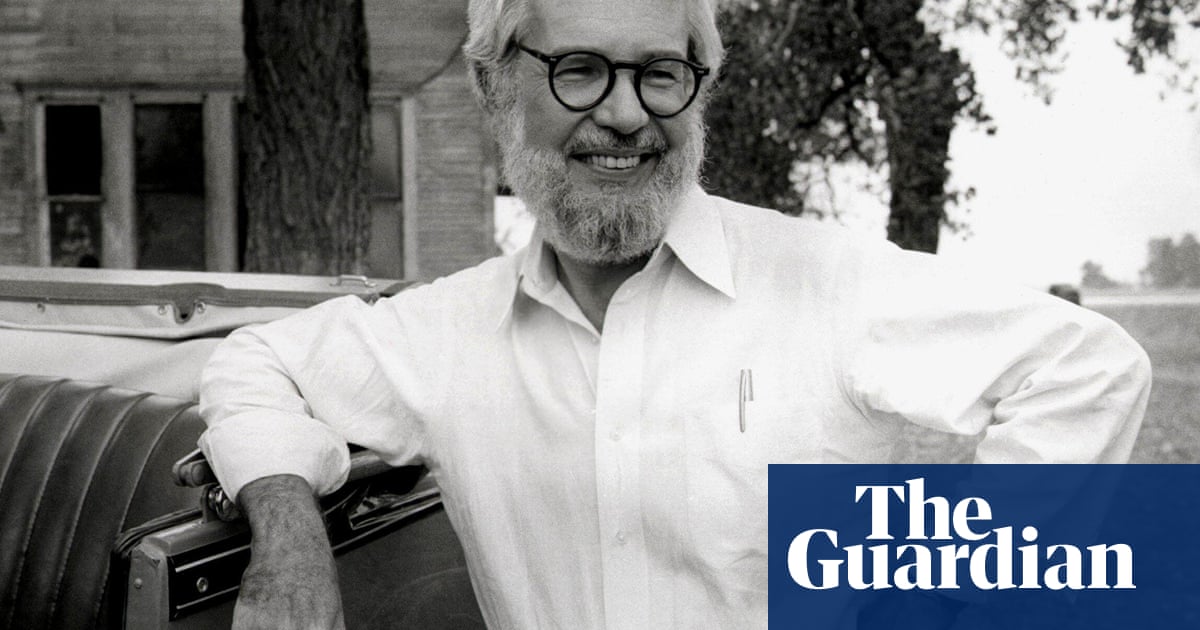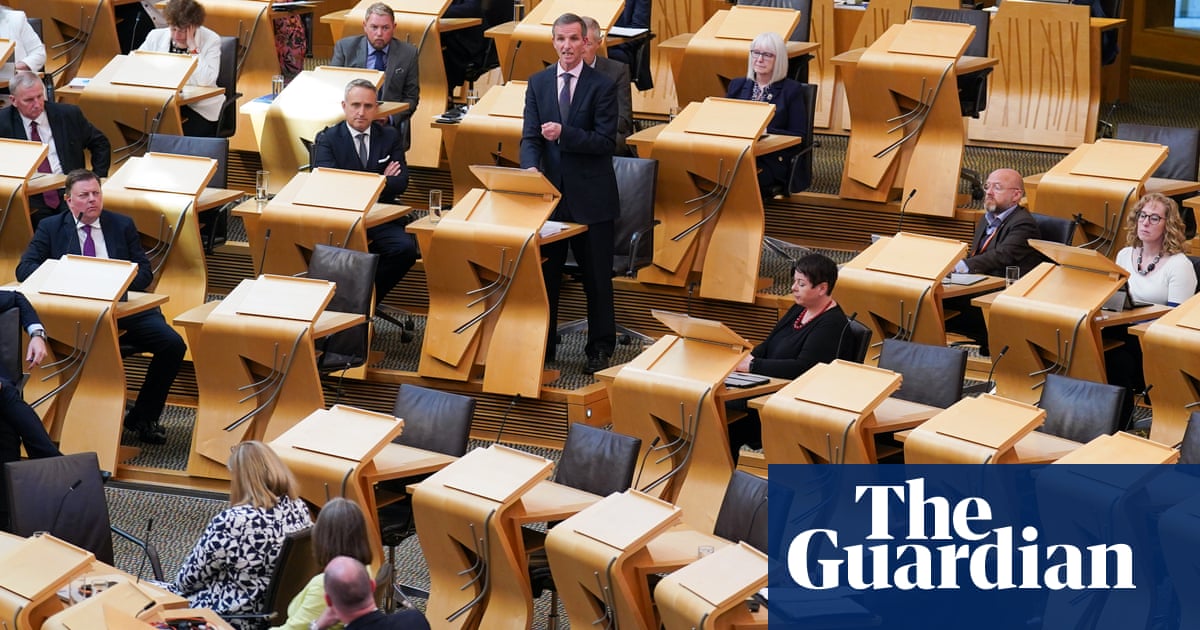As inhabitants of the largest city in western Europe not to possess either a light rail or underground network, the residents of Leeds are acutely aware of the consequences of historic neglect when it comes to public transport in the north of England. On Monday, however, frustrated travellers were given some grounds for cautious optimism that change is on the way.
West Yorkshire’s mayor, Tracy Brabin, has unveiled plans for a white rose version of Greater Manchester’s Bee Network in her region. As buses go under local control from 2027, the Weaver Network will unite 19 different brands in an integrated system intended to deliver simpler fares and joined-up travelling options. Eventually, a planned Leeds/Bradford tram network – on which construction is due to start in 2028 – will be woven into the pattern.
The return of Greater Manchester’s buses to public stewardship has been a standout success story, at a time when faith in the power of politics to improve lives is at an alarming low. Average ticket costs are significantly down and ridership has outstripped expectations. The recent introduction of a London‑style tap-in, tap-out system, with a daily fare cap, has been predictably popular. With Ms Brabin taking West Yorkshire on the same journey, Labour’s metro mayors are doing their bit to redress a grotesque shortfall in the quality of transport infrastructure, compared with London and the south-east.
Westminster should now play its part, too. Ahead of June’s government spending review, leaders across the north are rightly demanding significant and overdue investment in a rail network whose dysfunctionality has passed into national legend. Greater Manchester’s mayor, Andy Burnham, and his Liverpool city region counterpart, Steve Rotheram, have presented Treasury officials with a report suggesting modernised transport links between Liverpool, Manchester, Sheffield and Leeds could deliver more benefit to the economy than the Oxford-Cambridge growth corridor backed by Rachel Reeves in January.
Separately, David Blunkett will this month present the conclusions of a rail connectivity review commissioned by Yorkshire’s three Labour metro mayors. Their likely tenor can be gauged by the former home secretary and Sheffield MP’s disclosure that he was “absolutely staggered” by the levels of delays in the region. Lord Blunkett has also pointed out that the government’s ambitious housebuilding targets – key to its growth strategy – will not be achieved without greater connectivity in terms of work and leisure.
There are, then, compelling economic reasons for Ms Reeves to back a truly transformative modernisation of transport in the north of England. But just as importantly, this is a matter of equity. Mr Burnham likes to contrast England’s regional imbalances with Germany, where the Basic Law guarantees a broad equivalence of living standards across the 16 Länder or federal states. The state of transport in the north has become a dismal symbol of a very different approach, in which narrow Treasury “green book” guidelines have led to less well-off regions being starved of the public investment they need to flourish.
As Labour anguishes over how to combat the rise of Reform UK in places which were once its uncontested heartlands, transport is a sector in which straightforward social democratic strategies and priorities can sway hearts and minds. It should listen to its mayors and get weaving.

.png) 2 hours ago
3
2 hours ago
3













































